There’s a dearth of books written by and for Latinas. According to some, the problem is institutional. Literary gatekeepers – publishing houses, agents, and editors who put together best-seller lists – are overwhelmingly white and less likely to read or uplift works written by writers of color. For others, the biggest hindrance lies within ourselves. Talented essayists and storytellers haven’t seen themselves widely represented in publishing, so they can’t envision themselves as authors or they’ve been advised to choose careers presumed to be more practical in their pursuit of the supposed “American Dream.”
Many of the Latina trailblazers behind our favorite literary pieces believe that systemic impediments and personal insecurities work together to thwart diverse voices from reaching bookshelves – but they’re also proof that both stumbling blocks can be shattered.
Remezcla spoke with barrier-breaking Latina authors Daisy Hernández, Elizabeth Acevedo, Gabby Rivera and Erika L. Sánchez about their literary journeys. They each shared their stories from aspiring writers to published authors and offered valuable advice for Latinas who dream of having their works published.
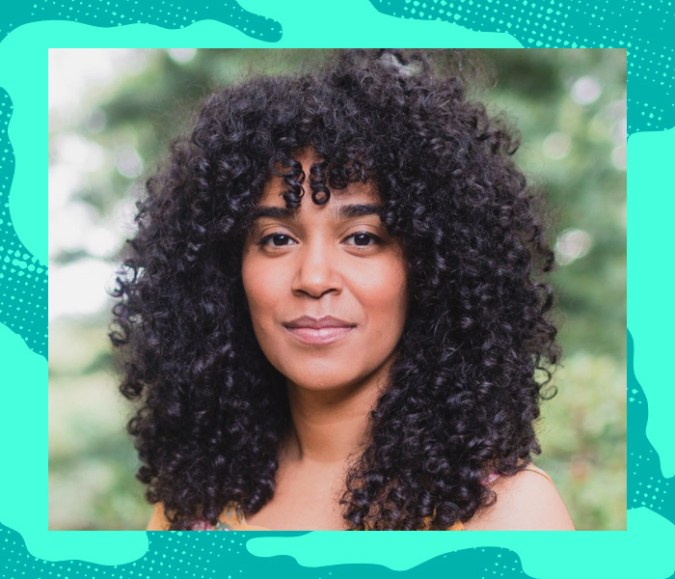
Elizabeth Acevedo
Elizabeth Acevedo has always been a writer. As an Afro-Dominican girl growing up in Harlem, she wasn’t familiar with authors who looked like her, so instead of penning books, she wrote rhymes. A teen rapper, performing at open mics and cyphers, Acevedo was able to write in a genre that was native to her. In high school, where she learned her songs and freestyles were a form of poetry, she began writing beyond hip-hop. First composing poems, which she’d perform on stages or print on pages stapled together as DIY books, she’s now one of the most exciting YA novelists in the game.

“I was throwing everything at the wall: fiction, prose, spoken word, whatever I could do. I was nonstop creating. I was going to keep doing this until I figured it out. Something had to pop,” the Washington, DC-based writer says.
What ended up exploding in 2018 – her debut novel “The Poet X,” about an Afro-Latina teen using poetry to work through family tension – started simmering in 2012, when she first sat down to write the book. In 2016, she sent her manuscript to a literary agent who rejected it. After making some changes, she knew “it was going to rock” and submitted it again. This time, it entered a bidding war with eight publishing houses, where she was ultimately able to decide who she wanted to work with.
“You need to know what is happening in your field and who is writing.”
“When it came to publishing, I wish I had reached out to folks. I was so prideful and got nervous about bothering people, so I did a lot of research alone,” she says. “I think as a Black woman, as a Latina, I carry a huge chip on my shoulder about appearing ignorant in certain places, and I was so insecure about all that I didn’t know about publishing. I wish I would have known that nobody had it figured out, but white folk have confidence, merited or not, because of privilege. The system is made to be smokes and screens. If I had known that, and had the confidence, I could have gotten here faster.”

Acevedo recently followed up her National Book Award-winning debut in “With the Fire on High.”
Be a Student of Your Craft.
“Whether you’re in a graduate program or not, you have to be a student of your craft. I was reading 30 to 40 to 50 YA novels a year. You need to know what is happening in your field and who is writing. There was no official program I had outside of the one I gave myself. I gave myself homework. I responded to what I was reading, I wrote what I thought, what the authors did well, and what I would have done differently. I treated each reading as a project. I created my own school. In my head, I was a student of this thing.”

Know Your Voice.
“I’m a big advocate of writing that has a clear distinctive voice. I was focused on not sounding like anybody else. Regardless if it’s a poetry collection or literature, you know this is a Liz book. I’m distinct about what I’m trying to do, regardless of the story. Even if it’s fiction, I’m still in there. People buy voice. They read a book because they want to kick it with someone they like. You have to craft that. That is distinction to me. That is what changes an OK book to a good book to a great book. My voice is what moves differently. That’s what folks respond to.”
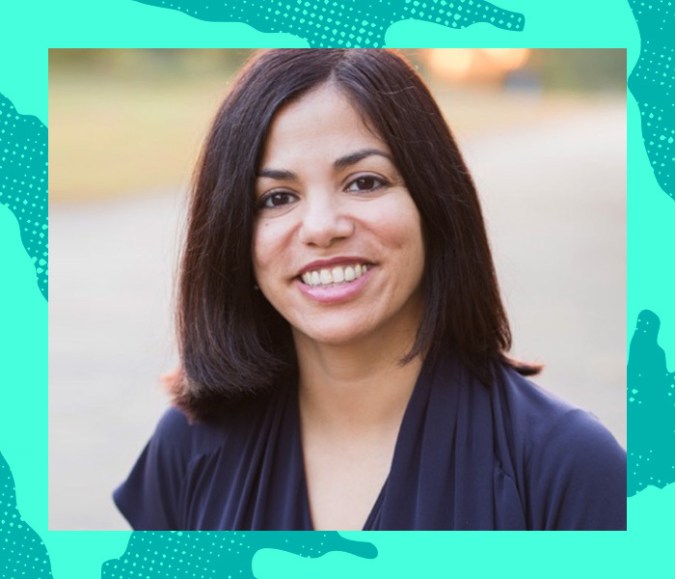
Daisy Hernández
Since Daisy Hernández was in elementary school, she knew she was going to write books. The New Jersey-raised, Cincinnati-living Cuban-Colombian author just didn’t know how she’d get there.
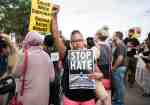
“I didn’t know anyone who was a published author. I went to the public library and checked out dozens of books at a time, and I would always read the author bios. A lot of them were white women in rural areas of Massachusetts. I used to think you had to live in the country to be a writer. I lived right outside of New York City. I didn’t know how it was going to happen, but I thought it was possible for me,” she says.
“You need to find people who are doing the kind of writing you want to be doing.”
It was. She started off her career as an intern at Ms. magazine, where she, for the first time, was surrounded by women writers whose work had the power to make a difference socially and politically. For Hernández, the experience was life-changing. She felt inspired again when she joined a women of color writing group. There, Latinas shared their troubling industry stories as well as words of encouragement that prepared Hernández to begin submitting her own works.
In 2002, the memoirist, journalist, and cultural activist co-edited the anthology Colonize This! Young Women of Color on Today’s Feminism. Twelve years later, she published her IPPY award-winning memoir A Cup of Water Under My Bed.
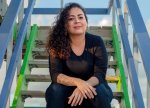
“When I was a kid, I knew how to write stories people connected to, that could change their ideas about things, that reached strangers. It wasn’t a sense of becoming a writer but identifying as a writer,” she says.
Build Community and Get Feedback.
“You need to find people who are doing the kind of writing you want to be doing. It didn’t help me to talk to writers who hated memoirs and personal essays. I ended up taking a class that was majority Jewish women in their 70s. I didn’t connect with them, but we were in the same genre, and they offered me important feedback on my work. I also saw how people outside my community were reading stories about my community. Since moving to Cincinnati, Ohio, I know that smaller cities don’t have as much writing spaces as bigger ones, but you still need to create this community. Reach out to other writers on social media, support their work, show up for them, start a book club. Do what you have to do. It might be imperfect, but you need this space.”
Don’t Worry About Standing Out.
“I would tell someone who is up and coming or established to not think about setting yourself apart. Don’t worry about that. You can’t control it. Social media is flooded with writers. Your goal shouldn’t be standing out; it should be writing. This, to me, is more spiritual. I believe that if you need to write a piece of work, whether an article or a poem, it needs to exist and be in the world. And it will find its reader, whether it’s 5 or 5 million. That part you have less control over.”
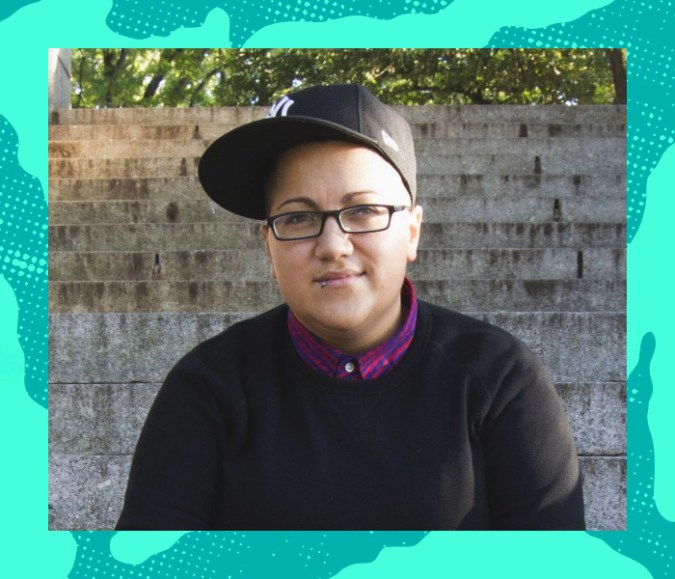
Gabby Rivera
On Gabby Rivera’s inspiration wall, there’s a photo of her when she was 4 years old. In the image, she’s sitting at a school desk, scribbling words on a piece of paper. “It’s always been like this, just a chubby babe writing. It’s always been a part of me,” she says.
But while the self-described Puerto Rican dyke from the Bronx always had a gift for words, she “never, never, never” thought she could ever become a “serious author.” Not because she lacked talent or familial support, but rather because she feared she wouldn’t be accepted in the publishing industry.
“I’m a lesbian, queer person who is not comfortable presenting in traditional women’s clothing. When these things started shifting and I saw the way people reacted to me, excluding me from spaces, I got hella scared. I thought there was no place for me to succeed, to thrive. I previously thought I had a future, but these reactions made that seem impossible,” the Oakland-based author says.
“We have to dispel the myth of the big break.”
Frustrated with the homophobia she was experiencing and distraught after the death of her best friend, writing became a form of healing, and she intended on doing it both for herself and her community. In 2016, she published Juliet Takes a Breath, her debut novel about a Bronx Puerto Rican teen who discovers a lot about herself and the world around her during an internship with a white feminist in Portland. Rivera followed the book, which was recently acquired by Penguin Young Readers and will be released on September 17, as the writer of the first Latina queer Marvel comic series, America Chavez.
Relinquish the Myth of the Big Break.
“Waiting for the moment when you walk down the street and someone discovers you is fuckin’ with kids’ heads. You want to be a model? You should model something. You want to be an author? Write something. We have to dispel the myth of the big break. The big break is the years of hard work, putting myself on mic stages, talking to bosses, negotiating time off to make an open mic, writing my stories on my breaks and submitting them to friends, going to other writers’ featured events, really moving in my world. If this is my world, how am I showing up in it? That navigating led to someone telling me, ‘You should write about that time you went to Portland,’ which turned into Juliet Takes a Breath, which led to Marvel. You can call that a big break. To me, that’s another wave I’m riding, a piece of a journey that I’ve been on.”
Remember Who You’re Writing For and Just Do It.
“I’m a Virgo. My ego is fragile, so I struggled with rejection. But when I remembered who and what my writing was for, I said ‘fuck that.’ Was it to get into a writing program? No. Was it to tell stories? Yes. For who? For my tias and mom to laugh, for my friends to see themselves. I focused on that instead. I focused on the writing. You have to write your shit. Just write it. Whether it’s a list, a journal entry, thoughts, poems, if you have a story, get it out. If you want to be an author, read books. Read all the books. Read everything you can. Then write your story and finish it.”
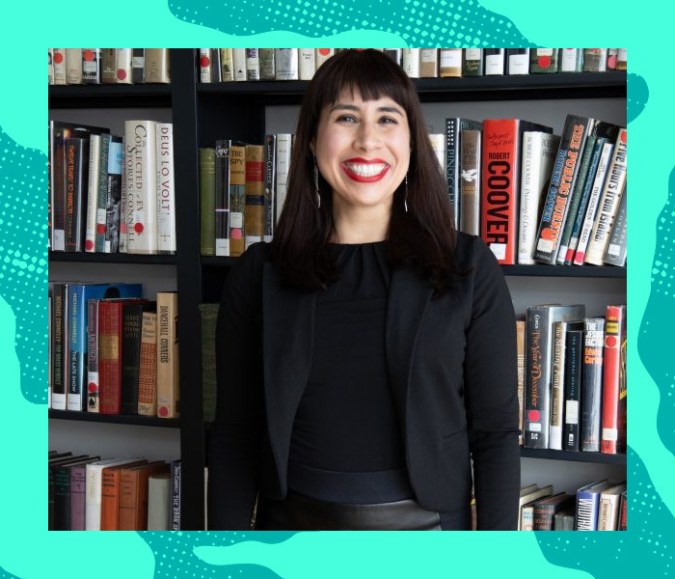
Erika L. Sánchez
Writing for Erika L. Sánchez never felt like a choice. Since she was a child, she knew it was what she needed to do. The Cicero, Illinois-raised Mexican-American writer didn’t know how she’d get published or how long it would take to finish her first manuscript, but she knew it had to happen.
Two years ago, at age 33, she dropped two debuts: Her first poetry collection, Lessons on Expulsion, which was published by Graywolf in July in 2017, and her first young adult novel, I Am Not Your Perfect Mexican Daughter, published in October of the same year by Knopf Books for Young Readers.
“All of a sudden, I was being recognized. But I had been at it for so long. There were so many years of not getting published, of people not wanting my work, but I kept doing it,” Sánchez, who now lives in Chicago, says.
“There’s a pressure to keep producing because of online culture.”
During those years, Sánchez freelanced for news outlets like Time, The Guardian, NBC News, Rolling Stone, Al Jazeera, and Salon, among others, and had her poetry published in journals like Poets.org, Pleiades, Copper Nickel, Vinyl Poetry, Guernica and more.
“I had successes here and there, but there were times when I questioned if it was ever really going to happen, which was kind of frightening because this is all I ever wanted,” she says. “But that’s what kept me going: the sheer love of it. I adore the act of writing and reading. It’s a satisfying, joyous process as well as a painful process.”
Support Other Writers.
“I think one of the most important things you can do is make sure you’re supporting other people, other writers. This is not just about you. It’s about community. Don’t compete with other women. I don’t enjoy that. That’s unnecessary. I want to compete with myself and support other women. There’s enough for all of us.”
Know That Quality Is More Important Than Quantity.
“I think what is important is focusing on quality more than quantity. There’s a pressure to keep producing because of online culture. For me, it’s important to make sure my work is excellent and I’m proud of it before I publish it. I’d rather wait years and years to publish than put out a book I’m not proud of. I have to have integrity. It has to be about the work and not ego and accolades. You have to commit to the writing.”




